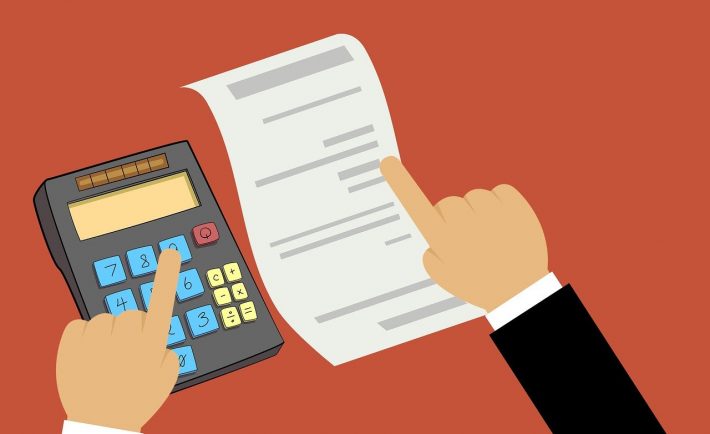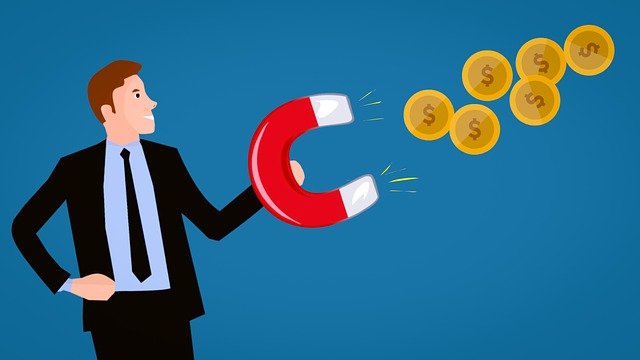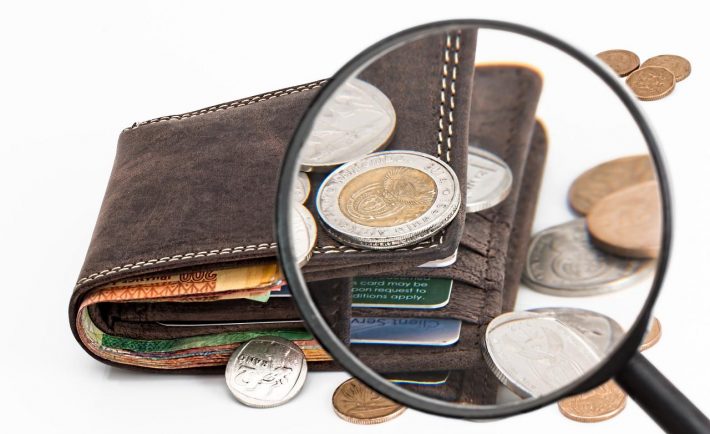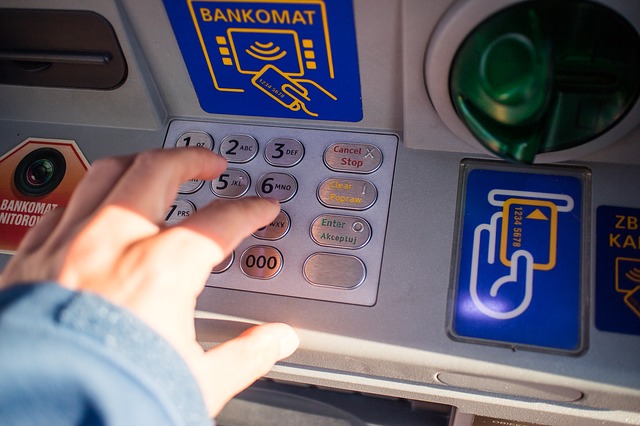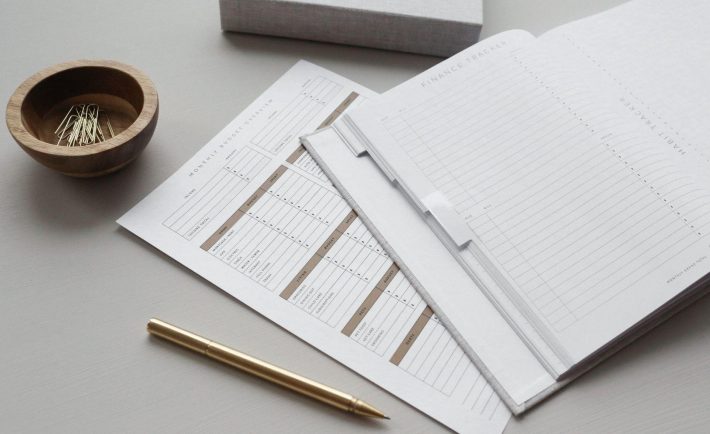Congratulations on starting your financial journey! Creating a budget and sticking to it is no easy feat, but it is the best way to manage your finances and ensure that your money is going toward the expenses that matters most to you and your family.
Start by determining why you want a budget. Deciding on a budget can help you make informed decisions. Budgeters are almost twice as likely to report no financial worries compared to spenders. Moreover, budgeters are less likely to struggle with finances. Common reasons to create a budget include: to save more money, to reduce overspending, to eliminate couple financial disputes, to get out of debt, to break the paycheck-to-paycheck cycle, and to achieve goals.
After determining the reasons why, you want to create a budget, you must go deeper into your current spending habits. What are your spending habits as an individual and as a family? If your budget is not realistic, it is useless. Most experts recommend tracking your spending for about a month to get a clear picture of your spending habits.
The next step is to identify your financial goals. A great framework to use is the SMART method. It stands for Specific, Measurable, Achievable, Relevant, and Timebound. For instance, you want to save S$3,000 for home renovation within six months. You will need to save about S$500 per month. Thanks to your budget, you already know that you will have an excess of S$750 per month. This will help you with your goal!
Once you have your financial goals down, decide how much you need to save (per month or per year) for each goal. Bigger expenses such as home renovation and debt repayment can take a longer time to build. You can also incorporate building an emergency fund into your budget.
The basic phases are done, and it is time to make a budget. There are many types of budgets, so you will have to choose the one that suits you best. Options include zero-based budget and 50-30-20 budget.
A zero-based budget is an approach popularized by Dave Ramsey. It involves making income minus outflow equate to S$0. With a zero-sum budget, every dollar you have is assigned a task, with some of those going into savings or other spending categories. This type of budget can be restrictive, which is not ideal for everyone.
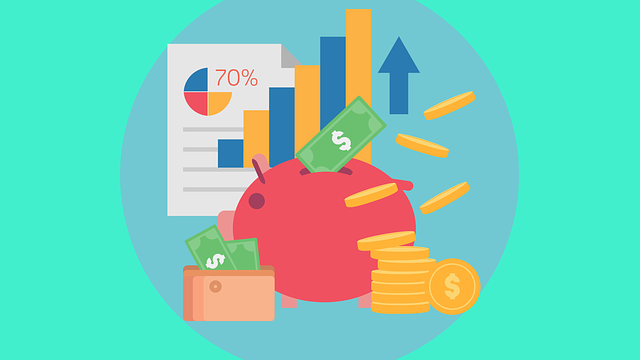
Image Credits: pixabay.com
The 50-30-20, on the other hand, divides your budget into different percentages. 50% of income is allocated toward needs, 30% to your wants, and 20% to your savings. Do your research to help you decide which budget method will make sense for you.

